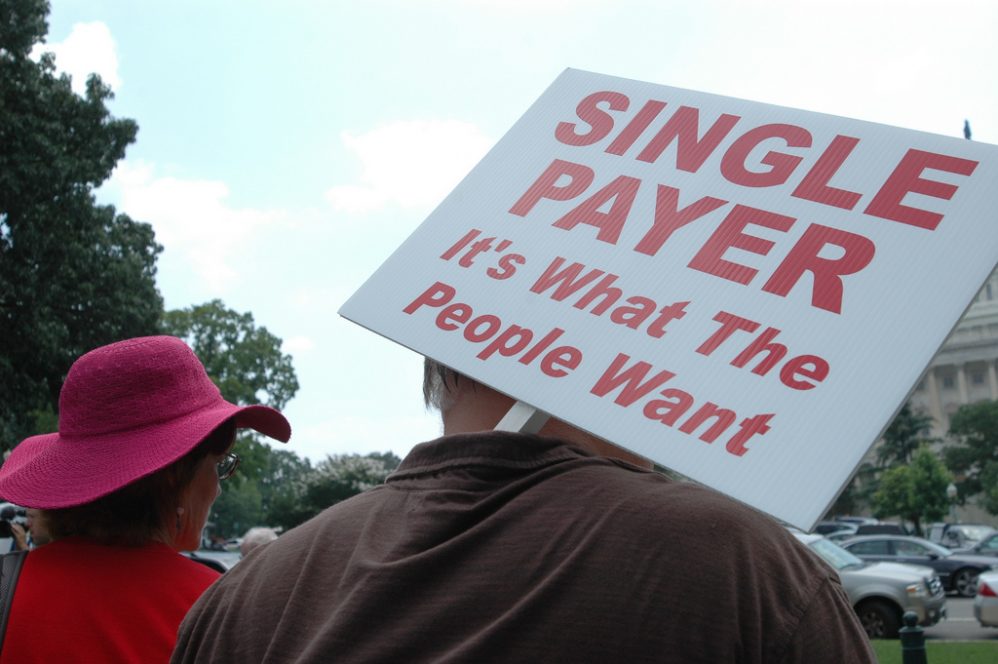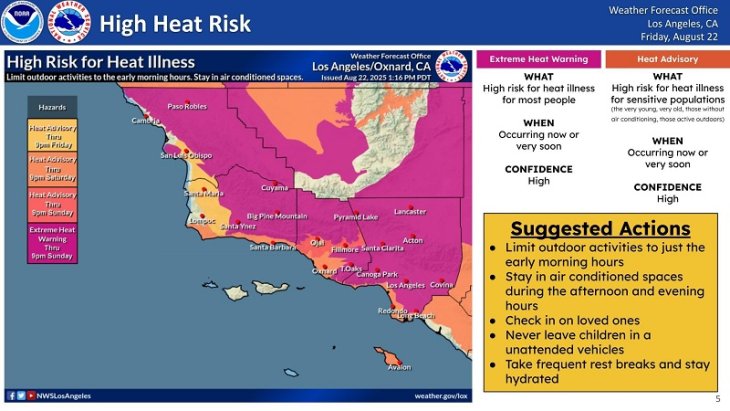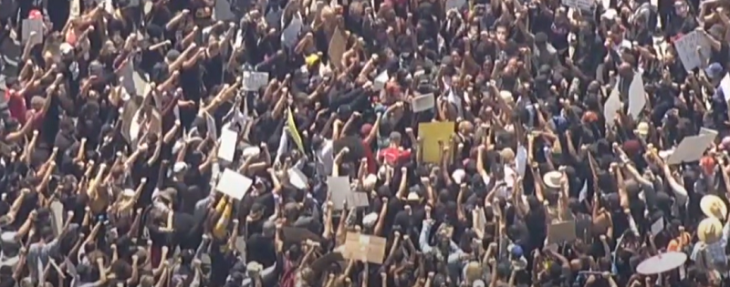By Tom Elias

There is loud talk in the Legislature and anywhere California Democrats meet in large numbers about passing a single-payer health care plan something like the one that didn’t make it to a state Assembly vote last summer.
But don’t bet on such a plan passing anytime soon. For one thing, Democrats now lack the two-thirds supermajorities in both legislative houses that they enjoyed most of last year, the edge that allowed them to pass a gasoline tax increase Republicans will try to defeat at the polls this fall.
Those big margins won’t return until mid-year at the earliest, as Democrats lost three Los Angeles-area Assembly seats and one in the state Senate to the Legislature’s sexual harassment scandal and some health problems near the end of 2017. Even if Democrats hold on to all those seats, a likely prospect, they would have precious little time before the November election to place an inherently controversial single-payer, Medicare-for-all plan on the ballot.
That plan was so questionable when presented last year that Democratic Assembly Speaker Anthony Rendon, usually a reliable liberal, shelved it for the year last June. His objection: There was no clear financing for the idea, with many ultra-liberal Democrats figuring they’d just pass something and figure out later how to pay for it.
There’s also the dicey matter of negotiating with federal officials – mostly conservative Republicans these days – over how to switch the payroll withholding that now funds Medicare over to the state if California adopts single payer.
And there’s the reality that California will have to find new money somewhere if it expects to keep Medi-Cal benefits at present levels in the face of federal cuts included in the Republican tax bill passed in the waning days of last year.
Medi-Cal advocates including Health Access California warn that the state may see “the mother of all Medicaid battles.” Medi-Cal is the state’s version of the federal Medicaid program, funding health care for about one-third of the state’s residents, a figure that demonstrates California’s extreme economic inequalities. Liberal Democrats now want to expand Medi-Cal even farther, saying they plan to cover undocumented immigrants along with low-income U.S. citizens.
Without two-thirds majorities, it will be difficult to act on any of this agenda because Democrats can have no realistic expectation of help from any Republican who hopes to be reelected. That’s because all these ideas are part of what Republicans call the Democrats’ “tax-and-spend” politics.
Long-simmering disputes over rising prescription drug costs also figure to occupy plenty of time in Sacramento this year, just like last year.
But single-payer is the largest target for California Democrats, who understand that passing it would take this state outside the constant battles in Congress over repeal or dismemberment of ex-President Barack Obama’s Affordable Care Act.
One big problem would be convincing the millions of California seniors now on Medicare that a state-run program can provide as widespread and comprehensive coverage as Medicare, widely perceived as one of the best-run federal programs. Of course, if Republicans in Congress move to cut or eviscerate Medicare, as some have threatened or promised, then a completely independent but unproven state-run plan might look much better to over-65 citizens.
It’s not that single-payer is a new idea in California. Twice during the first decade of this century, former Democratic state Sen. Sheila Kuehl, now a Los Angeles County supervisor, shepherded such plans through the Legislature, only to see them vetoed by then-Gov. Arnold Schwarzenegger. Her idea – also embodied in most current proposals – was to use existing health insurance premiums as the main funding source, one reason California would need to get access to Medicare fees now taken regularly out of most seniors’ Social Security checks, in addition to what comes out of workers’ paychecks.
As was Schwarzenegger, current Gov. Jerry Brown is skeptical about whether adequate funding is available for any of this.
All of which creates an extremely complex health care situation in Sacramento, and nothing complex gets done quickly there. So people anticipating a single-payer ballot proposition on a California ballot probably should not hold their breath. Chances are it won’t come before 2020 at the earliest.



























